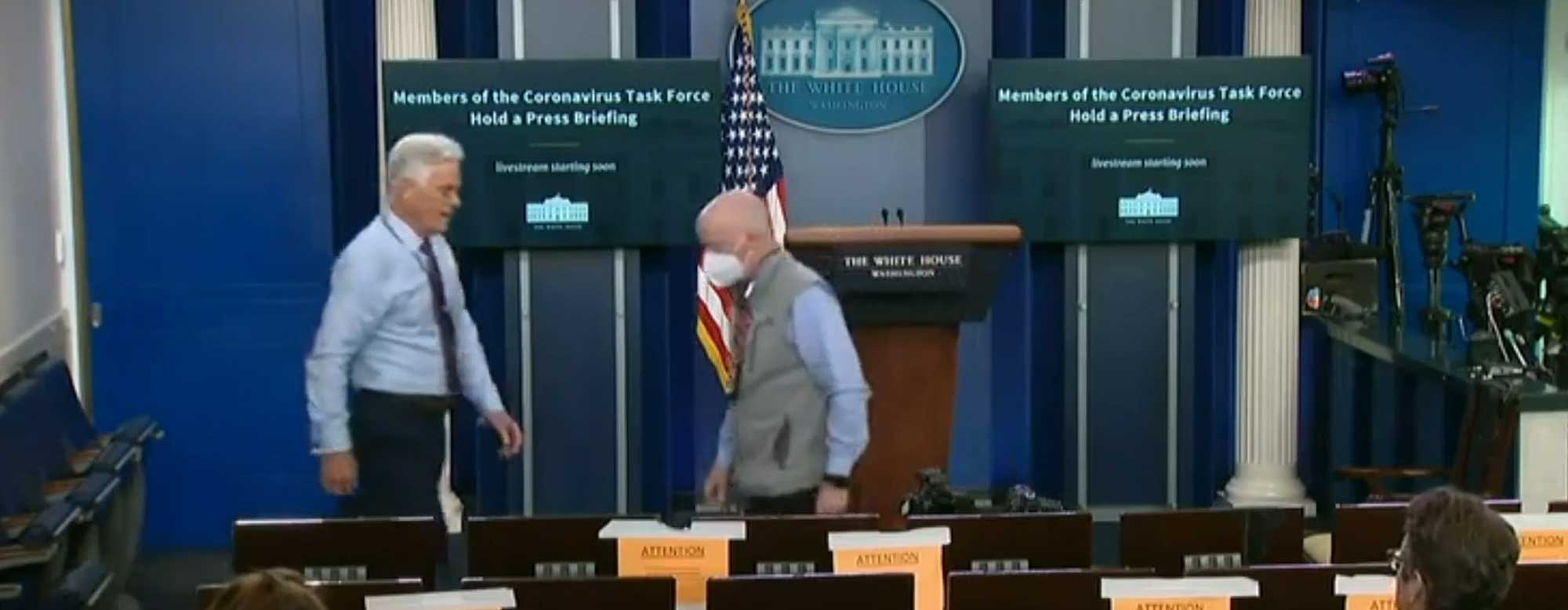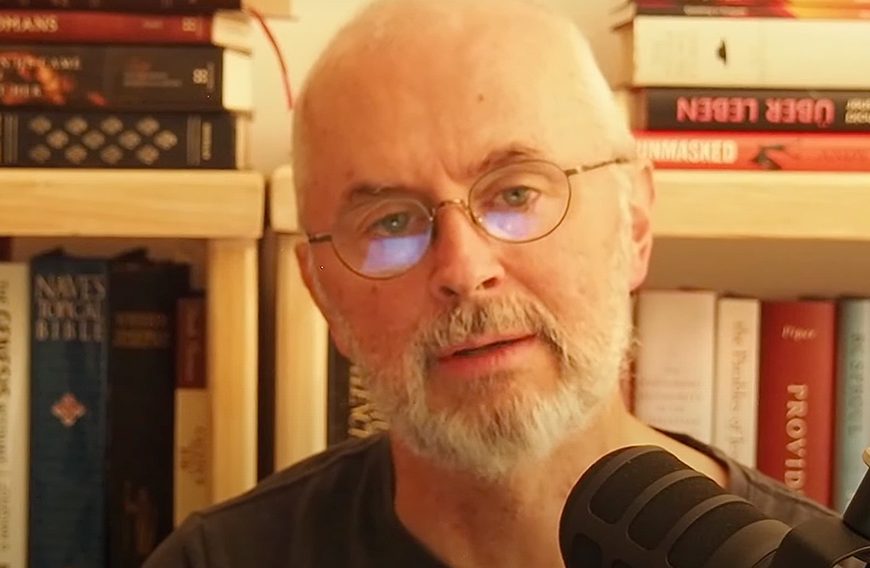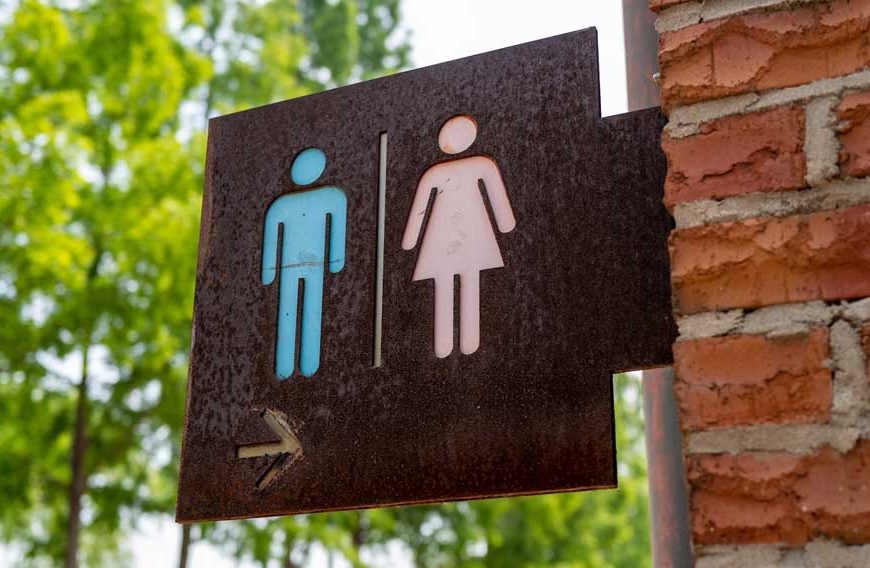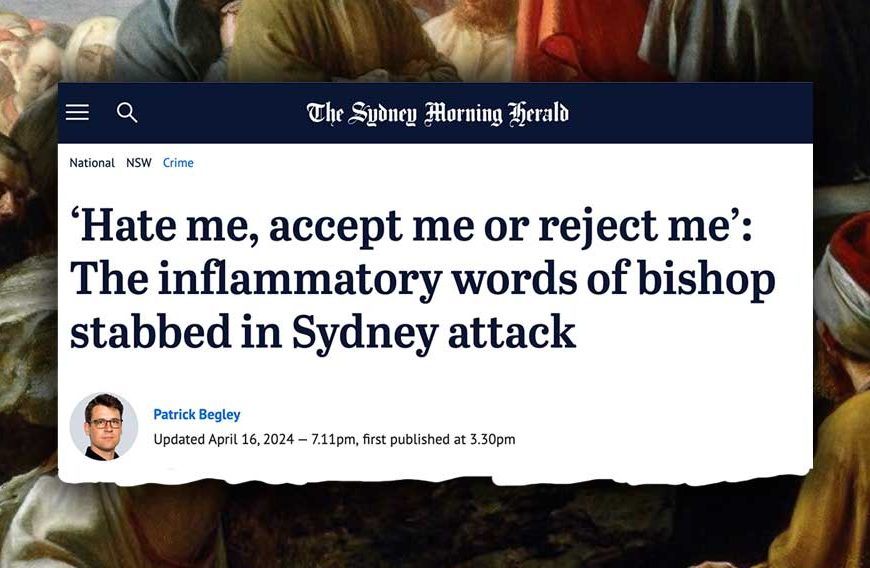FROM the moment Pentecostal church-going Scott Morrison became Prime Minister his Christian faith has been the subject of hot debate.
Commentators on the ABC’s The Drum wondered if Morrison might try to turn Australia into a theocracy, forcing everybody to memorize the Bible and speak in tongues.
Twitter lit up with people worried that Australia’s most famous church, Hillsong, might suddenly control the whole country, swamping the nation with positivity and catchy tunes.
That the church Scott Morrison and his family attend is not part of Hillsong was completely missed on social media where the comfort of opinion is rarely, if ever, disrupted by the discomfort of thought.
Radio National said that Morrison attended a “US-style church” though neither Horizon Church nor the Australian Christian Churches – a group of more than 1000 Pentecostal churches throughout Australia with which it is affiliated – has any connection to America.
At the Guardian, social commentator Van Badham, warned ominously that our new Prime Minister’s church believed that God wants people to prosper. She failed to explain how a PM who believed that poverty was God’s intent for people might improve the nation.
Comedians on the ABC mocked the Prime Minister for being tough on border control when Jesus had encouraged us to “imagine there’s no countries”. Or was that John Lennon? Whatever.
The ABC will no doubt call Morrison a hypocrite if he doesn’t “welcome the stranger” like Jesus taught and, in the next breath, they will call him a hater if he defines marriage like Jesus did.
The ABC like their Christians as they like their gays, indigenous and women – left-leaning!
So long as you believe that Jesus was a kind of pot-smoking vegan, more concerned about renewable energy than heaven and hell, interfaith dialogue than objective truth, spreading equality rather than advocating personal responsibility, then your Christian faith is to be lauded.
But if the mainstream media suspect that you believe Jesus was God in the flesh dying for the sins of mankind, your Christian faith is to be loathed.
This aversion towards religious people who actually believe their religion – as opposed to those whose faith is really just secularism under a cloak of respectable spirituality – began the moment Islamic jihadists crashed passenger jets into the World Trade Centre. Suddenly religion was seen as the greatest threat to social cohesion.
Such a view is not without merit. Religion encourages adherents to believe their view of the world is right and, by implication, that all opposing views are wrong.
Such exclusive claims make it easy to disparage the “other”. If others are wrong about the big issues of life, then it makes sense to separate yourself from them. And once we have separated ourselves from the “other”, it is easy to stereotype them and then to oppress them and ultimately to commit violence against them.
What makes religion particularly dangerous is that we may do all of this with a sense of self-righteousness. If we are on the side of God, then who are they to tell me I ought not oppress them? Who are they at all?
For a while we believed the problem of religion would fade as economic prosperity and technological advancement made belief in God redundant. Who needs God when Google is the source of all knowledge and a meeting of bureaucrats in Paris can decide global temperatures?
But the world is becoming more religious, not less. Even in the Western world, where the number of professing Christians is declining, we are importing religion via our immigration programs.
Unable to stamp out religion, we have decided to neuter it by insisting that, whilst people can believe whatever they want, they must leave their religious beliefs in their church. This is why we now hear politicians advocating “freedom of worship” rather than “freedom of religion” – a subtle but profound shift.
If we can reduce religion to an hour-long ceremony held once a week in a dedicated building, then we can quarantine it. Our preferred secular utopia will be free to advance without challenge, so the thinking goes.
But religion properly understood is much more than a ceremony; it is a set of answers to the big questions of life. A person’s religion tells them who they are (identity); why they are here (meaning); how they may discern right from wrong (morality) and their ultimate fate (destiny).
Everyone – whether we spend our weekend worshipping in church or swiping right on Tinder – has a view about identity, meaning, purpose and destiny. The insistence that “religion must be kept out of the public square” is really just a polite way of saying “keep your antiquated, traditional worldview to yourself whilst we impose our modern, enlightened worldview on you”.
This was illustrated perfectly when Australian rugby player Israel Folau was condemned for saying homosexuals would go to hell unless they asked God’s forgiveness.
Folau was told his views on the afterlife were wrong and that he ought not to have voiced them. But, in opposing Folau, his opponents were themselves making definitive statements about what is true and what is moral.
To pretend that only ‘religious’ people make exclusive truth claims is disingenuous. Every person, consciously or not, operates by a worldview that they believe to be true. Folau’s crime was not to have expressed a religious view but to have expressed a different view to his progressive betters.
It is foolish to insist that people must not make exclusive truth claims since the very insistence itself is an exclusive truth claim. Those wanting to banish religion from the public square because religion encourages exclusive views are guilty of the very thing they deplore and are every bit as dangerous.
Since we all hold worldviews we believe to be true, the question is not how do we get rid of those who claim to be the holders of truth but, rather, which set of exclusive truth claims are most likely to create a harmonious society?
History shows that the exclusive claims of Christianity, now being pushed from the public square, are actually those most suited to creating the inclusive society we desire.
A 2018 report by independent human rights watchdog Freedom House rated nations according to the individual liberties citizens enjoyed. Of the 20 freest nations, 19 had or continued to enjoy Christian majorities.
This is not an accident. Nor is it an accident that the cry for inclusivity is rising, not from Islamic or Eastern nations, but from the West which grew out of a Christian tradition. The point being missed in the debate on inclusivity is that Christianity’s claims are not the obstacle to inclusion but the instigator of it.
Christianity’s foremost claim is that Jesus Christ alone is divine. We might expect this view to make Christians dangerous. The idea that their founder – unlike Muhammad, or Buddha or Krishna – is God, could lead to arrogance and the oppression of those who think differently. But if Jesus is God in flesh, what does the ultimate human look like?
The ultimate person, according to the Christian faith, looks like a man who blesses those who curse him, forgives those who injure him and lays down his life for those who oppose him.
The claim that Jesus is God should produce, in all who believe, a love for and willingness to serve all who do not.
The second bold claim of Christianity is that men cannot earn God’s favour; they must instead receive forgiveness as a gift.
This should produce a humility in believers that leads them to expect those who do not believe as they do may well, in fact, be better people than they are. If the only prerequisite for becoming a Christian is admitting you are not a good person, there is no room for moral vanity or virtue signalling.
The problem of religion is not solved by eradicating religion since that only serves to replace one set of exclusive beliefs with another. And if the 20th Century taught us anything, it was that godless regimes are even more oppressive than the religious ones they replace.
What is exclusive about Christianity makes it the idea most likely to produce an inclusive society. Having a practising Christian in the Lodge might actually be cause for hope rather than fear.





















